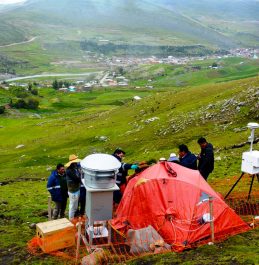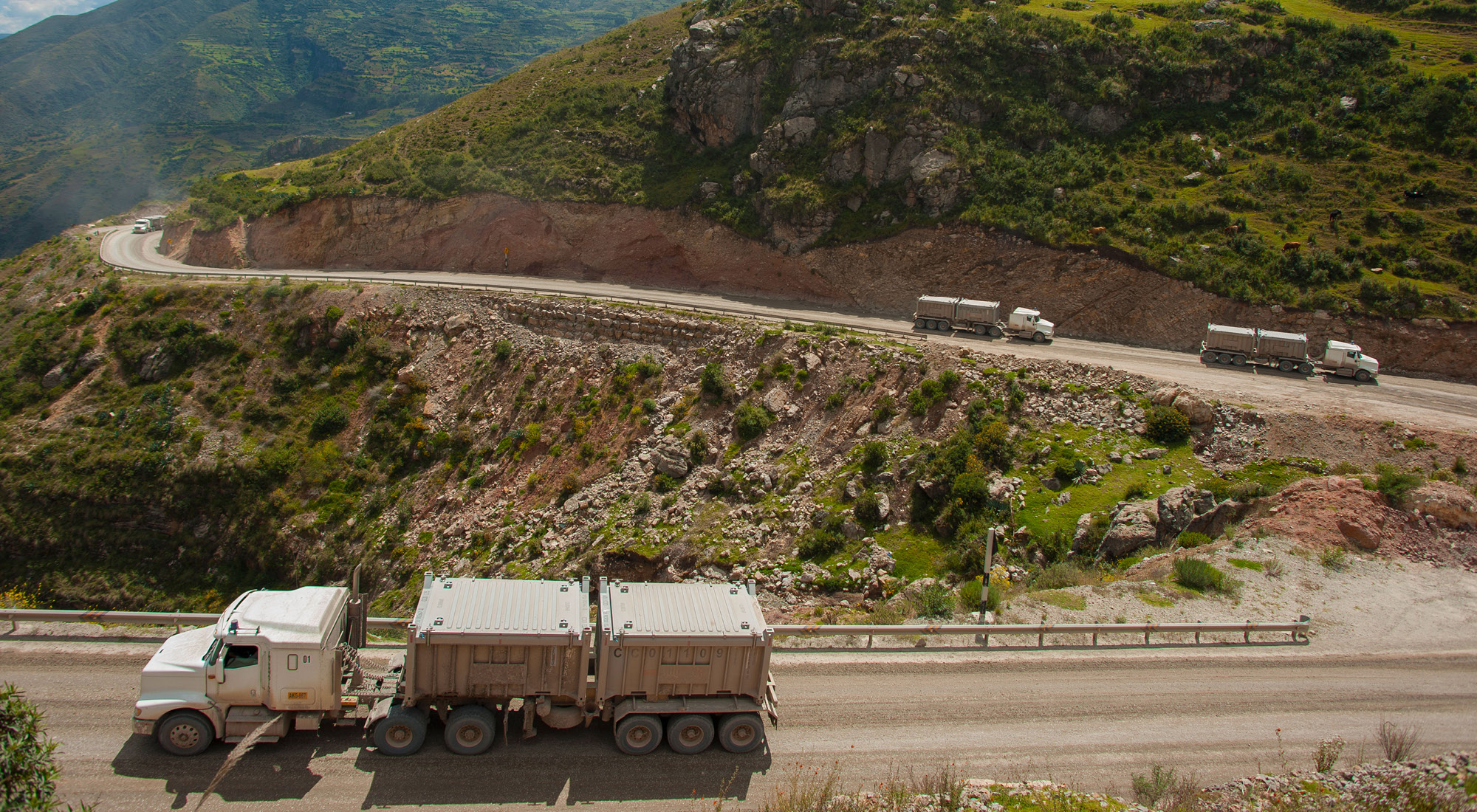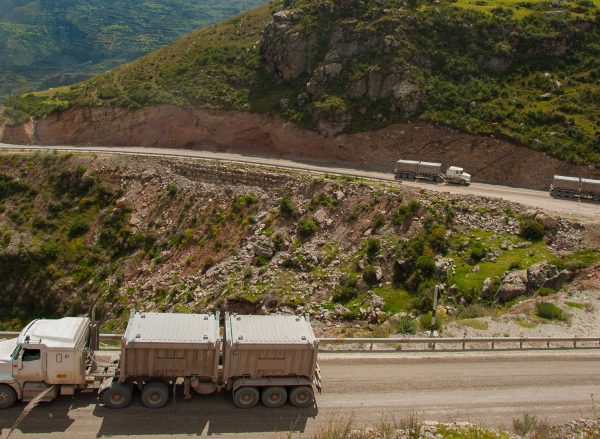Las Bambas is committed to the minimising its impact and implements strict controls to ensure it complies with Peruvian national standards. This includes potential impacts that may occur in the transport of its concentrate and other logistics vehicles.
Some measures that have been implemented to minimise the impacts of transport logistics include:
- Maintenance and improvements of the public road
- Road irrigation
- Speed control of all vehicles by GPS control, with speeds established by the Peruvian Ministry of Transport and Communication (MTC). Speed limits along some stretches of the road (including through towns) is more rigorous than what is mandated by MTC.
- Application of dust suppression sprays, as approved by the MTC.
In 2016, Las Bambas installed 10 air quality monitoring stations with dataloggers that allow for continuous air quality recording. To gain a proper analysis of this data, in 2019 Las Bambas reached an agreement with the Cayetano Heredia University in Peru (Spanish: Universidad Peruana Cayetano Heredia) to carry out a statistical analysis of all the data recorded by these stations since 2016. This study found that air quality at all 10 stations was normal according to Peruvian environmental quality standards except for 2016 data at the Pitic station, which directly relates to the period of time when the national road was being constructed. It is important to mention that these stations record the air quality from all potential impact sources where the station is installed and not just Las Bambas transport-related impacts. Even taking this into consideration, the air quality at these stations is acceptable by nationally-mandated levels.
In 2019 the Peruvian Agency for Environmental Assessment and Enforcement (OEFA) also undertook an independent environmental audit in Chumbivilcas province, approximately 100km from the operation. The audit took place between May and September 2019 and included air quality, dust, soil and dust, amongst other elements. The results of the study showed that the majority of levels measured by authorities were compliant with national environmental requirements., including PM2.5, PM10 and water quality samples.
Las Bambas is committed to continuous improvement and impact mitigation along its transport logistics route, and in 2020 we have committed to installing additional environmental monitoring stations, increasing road irrigation to prevent dust and maintenance of the national public road used for its logistics transport.
-
 Monitoring at one of Las Bambas’ 10 air quality monitoring stations.
Monitoring at one of Las Bambas’ 10 air quality monitoring stations.





